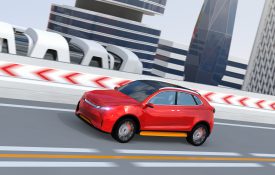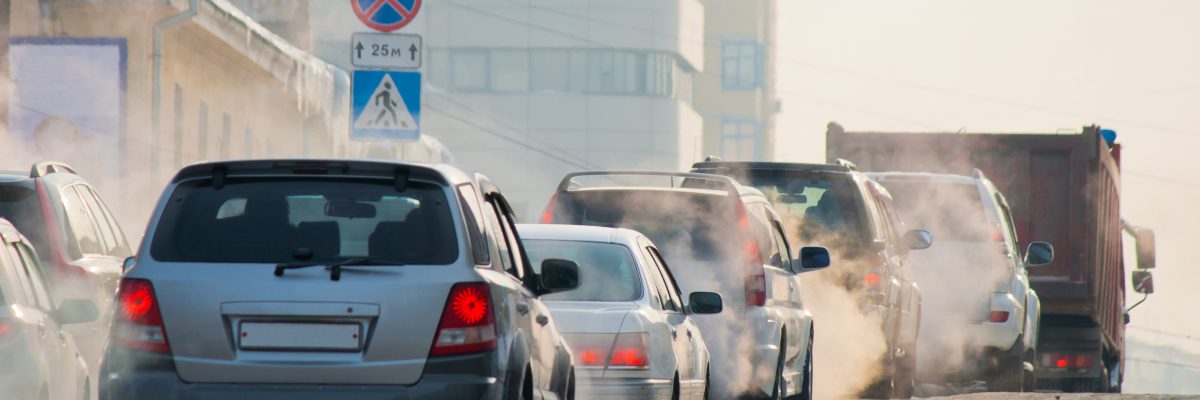
What explains our preference for human skill and instinct over technologies that have proven themselves better than us at driving, performing surgery, and making hiring decisions?
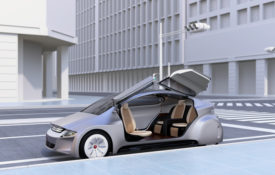
Since emerging as a fad in the 1980s, “Baby on Board” stickers have persisted as a staple of rear windshields and bumpers on cars and minivans. According to urban legend, the death of an infant

As marijuana restrictions loosen up, behavioral researchers are finding that some drivers believe driving under the influence of cannabis poses fewer risks than driving while drunk.
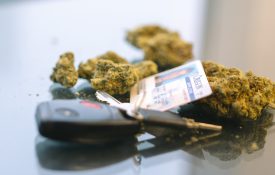
While many motorists may oppose paying a fee to enter the city center now, drivers' perceptions of the policy are likely to improve once it actually goes into effect.
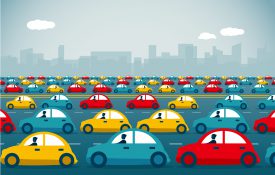
New findings raise the possibility that men with a specific mix of biology and personality traits may be prone to aggressive driving as well as other fiery behavior.
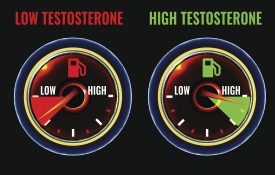
The automotive industry needs to educate drivers on how to use the automated features in their cars, researchers say, a lesson the airline industry learned in the 1970s.
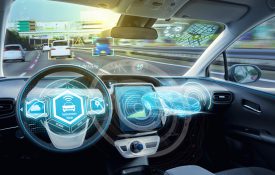
No one likes a backseat driver, but motorists may be more amenable to suggestions when support systems take the time to explain recommendations.

Among those who used prescription pain relievers regularly, 14.4% reported driving after taking opioids.
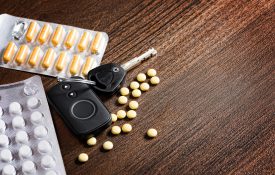
The researchers used a ‘stage-of-change’ model originally designed as a smoking cessation intervention.
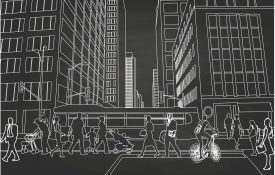
As a possible explanation, the authors write that males “generally tend to make riskier decisions in order to show how self-confident they are in being the ‘stronger’ sex.”
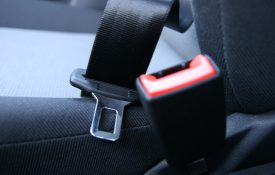
Scientists are studying whether engaging in interesting tasks in an autonomous car might keep drivers awake and alert, or might distract them from preparing to take control of the vehicle when necessary.

The short period of time after narrowly averting a vehicular accident is a vulnerable one for drivers, especially in city driving.

The more narcissistic drivers are, the more angry and aggressive they reported becoming on the road.

A simulation study suggests that drivers' minds wander more often when they travel on empty roads compared to busy routes.

Drivers were tested on their ability to spot an unanticipated motorcycle. If this were a test in school, they would have failed.
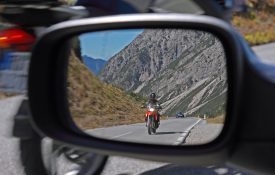
Industry and regulators seem ready to embrace autonomous cars, but consumers still need to be brought on board.
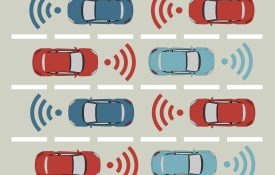
A study conducted by the Australian Department of Defence finds that caffeine significantly improved driving performance in sleep-deprived individuals – even after 40 straight hours of wakefulness.

Behavioral scientists collaborated with cities in Australia and the US to find cognitive cues to prompt drivers to pay their parking tickets.
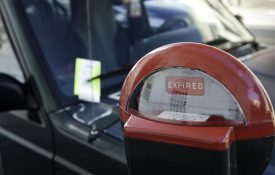
Fast reflexes, a good sense of direction, and a steady hand all seem important for good driving. But decades of research suggest that another skill is key to avoiding accidents.
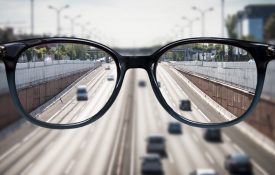
Whether drivers are accustomed to country roads or city streets, they face an increased risk of fatal accidents when switching from one road type to the other.
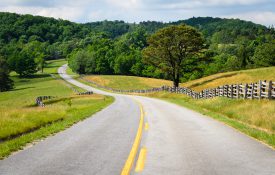
Hot weather seems to amplify people’s responses to provocation, ultimately increasing rates of aggressive behavior and violence.

Frustrated drivers are more likely to lash out aggressively at vehicles they perceive as having a lower social status.
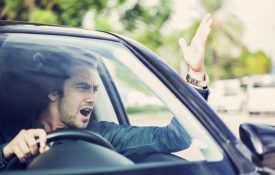
Engaging in a heated, emotional discussion with a passenger can turn into a dangerous distraction for drivers.
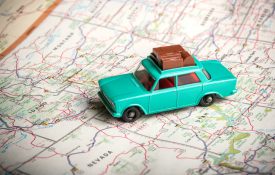
Additional Research on Driving and Psychological Science: Content From the 'Minds on the Road' Blog
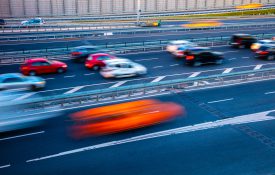
An interdisciplinary team of researchers are conducting experiments to learn more about how people might react to the moral quandaries posed by self-driving cars.
